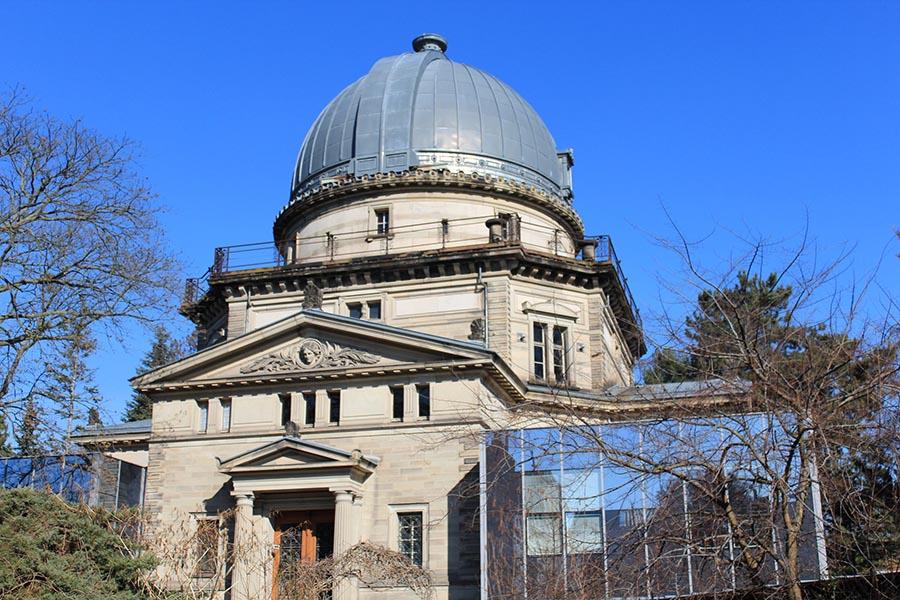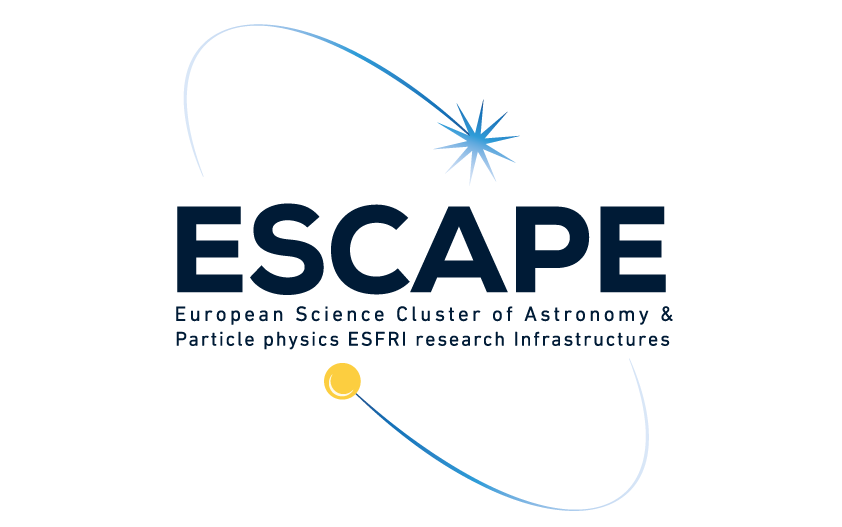

ESCAPE Virtual Observatory workpackage of H2020-ESCAPE aims to make the seamless connection of astronomy and astroparticle research infrastructures to the EOSC via the Astronomical Virtual Observatory. From Tuesday 4 to Thursday 6 February at Strasbourg Astronomical Observatory, the Technology Forum was the first major face to face meeting that brought the work package participants together. This meeting was organized by the Strasbourg astronomical Data Center (CDS) at the Astronomical Observatory of the University of Strasbourg from 4-6 February 2020.
"This three-day forum is organised as a very technical working meeting and is above all meant to be lively and interactive, said Mark Allen, CDS Director and work package leader, an opportunity to bring together around 40 project members representing various ESFRI projects encompassed within ESCAPE, VO experts involved in the work package as well as some external experts ».
Mark Allen welcomed the participants, introducing H2020-ESCAPE, ESCAPE Virtual Observatory workpackage and its role in connecting astronomy ESFRI projects to EOSC. He also discussed the following multifold objectives of the meeting:
- to have an overview of the project activities over the last 12 months, in particular at the ESFRI partners;
- to finalise the WP4 CEVO contributions for the annual report;
- to document the connection between the VO and the ESFRI projects but also to prepare the H2020-ESCAPE progress meeting and the next IVOA interoperability meeting in May 2020.
« The IVOA meeting will be an important focal point for our workpackage with the results being presented and with European priorities being brought into the international context of the IVOA, the International Virtual Observatory Alliance, details Françoise Genova (CNRS), task lead. One of the objectives of this work package in particular is indeed to establish standards and methods for the virtual observatory fitting the ESFRI and other infrastructure needs, enabling the FAIR principles taking our requirements and practices into account as well as the broader open science/EOSC context ».
The event also welcomed participants from other H2020-ESCAPE work packages to discuss potential interfaces. And besides the plenary sessions the three-day event also featured multiple hackathon sessions where common challenges of ESFRI projects such as Data Modelling, Authentication & Athaurisation, radio astronomy and VO, solar data and VO were addressed.
More information : https://indico.in2p3.fr/event/20005/
Views
18,000

